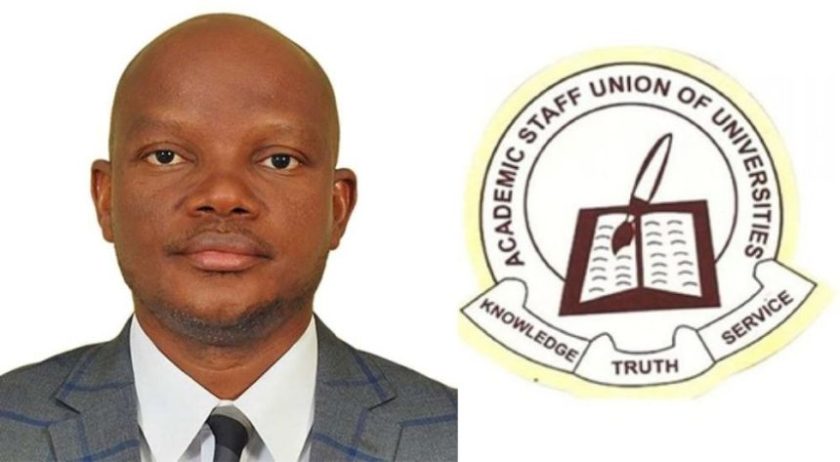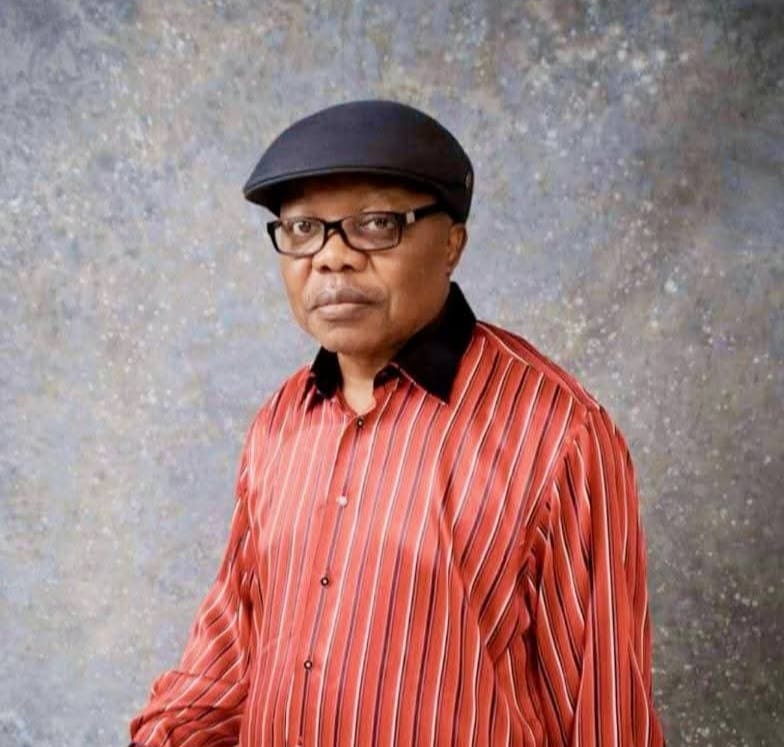Cyril Ramaphosa, 65, has been sworn in as South Africa’s new president. At the event, the new President promised to work hard “not to disappoint the people of South Africa.”
He was elected president in a parliamentary vote yesterday after the resignation of scandal-ridden Jacob Zuma, 75, on orders from the ruling African National Congress (ANC).
Ramaphosa will serve out the remainder of Zuma’s term until 2019 elections. Seen as an ally of Zuma, Ramaphosa was appointed Deputy President in 2014. Zuma resigned on Wednesday after years of scandals that damaged the stature of the ruling African National Congress party.
Chief Justice Mogoeng Mogoeng presided over the swearing-in ceremony at the presidential office in Cape Town. Mogoeng congratulated Ramaphosa and shook his hand as onlookers applauded. Mogoeng had earlier read out the former president’s resignation letter.
Opposition leaders, however, said the ruling party protected Zuma for years despite scandals and would be unable to effectively root out corruption within its own ranks. Ramaphosa also said one of the first things he wants to do is have a meeting with the leaders of other political parties “so we can try and find a way of working together.” He said he will outline his policies in a state of the nation address tomorrow evening.
Ramaphosa was the only candidate nominated for election in the parliament after opposition parties said they would not participate. ANC has a majority in the 400-member parliament. The opposition instead unsuccessfully called for the dissolution of the National Assembly and early elections. They said ANC party plan to elect a new president was “illegitimate.”
The Democratic Alliance said that the parliament should be dissolved and new national elections should be held because the ruling party-dominated assembly failed to hold Zuma to account for alleged corruption. Julius Malema, leader of the Economic Freedom Fighters Party (EFFP) has made a similar statement.
Zuma said in a 30-minute farewell address to the nation he disagreed with the way the ANC had thrust him toward an early exit after Ramaphosa replaced him as party president, but would accept its orders. Observers said Zuma’s departure late on Wednesday provided evidence of the strength of South Africa’s democratic institutions, from the courts to the media and the constitution. Zuma, a former member of the ANC’s military wing in the days of apartheid, rose through the ranks of the party to become president. He led the country for more than a third of its time after apartheid.
Born Nov. 17, 1952, in Soweto township west of Johannesburg, a centre of the anti-apartheid struggle, Ramaphosa became involved with student activism while studying law in the 1970s.
He was arrested in 1974 and spent 11 months in solitary confinement. He became the leader of the ANC in December, 2017 by narrowly defeating Jacob Zuma’s ex-wife, Nkosazana Dlamini-Zuma. He quickly spoke out against the corruption that had weakened the ANC, which has been in power since the end of white minority rule in 1994, and sped up the momentum that led to Zuma’s resignation.




